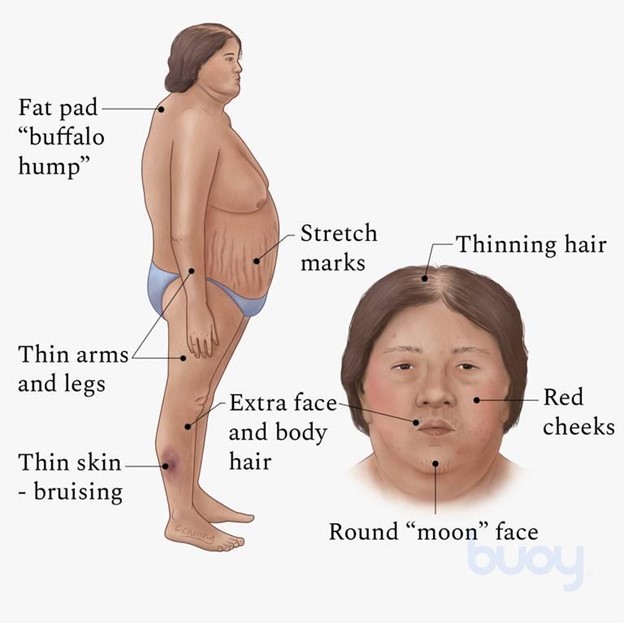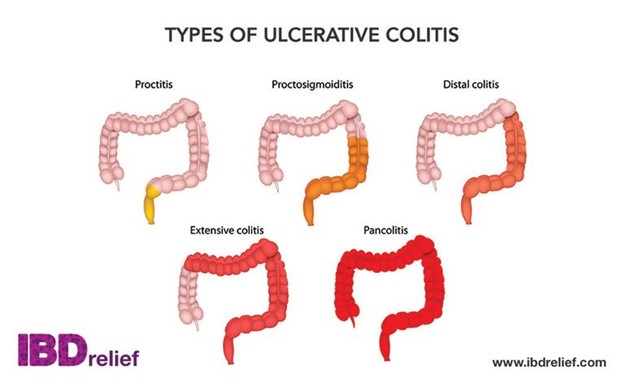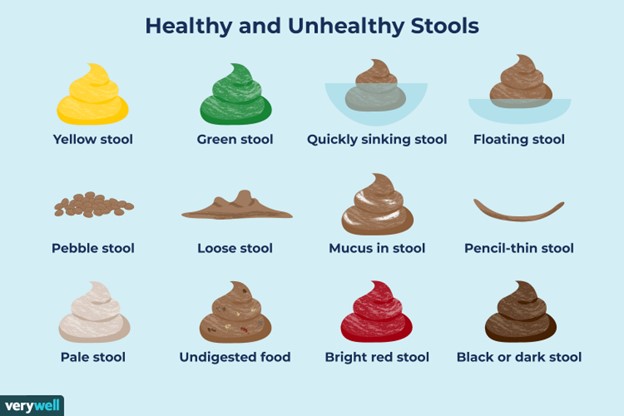A nurse enters the room of a client with type 1 diabetes mellitus and finds the client difficult to arouse. The client's skin is warm and flushed and the pulse and respiratory rate are increased from the client's baseline. The nurse would first take which action?
Assist the RN to prepare an intravenous (IV) insulin infusion.
Give the client 4 oz of orange juice.
Check the client's capillary blood glucose.
Assist the RN to administer 50% dextrose.
The Correct Answer is C
Choice A Reason: Assisting the RN to prepare an IV insulin infusion is not the first action that the nurse should take, as it may not be appropriate for the client's condition without knowing the blood glucose level.
Choice B Reason: Giving the client 4 oz of orange juice is not the first action that the nurse should take, as it may worsen the client's condition if the blood glucose level is high.
Choice C Reason: Checking the client's capillary blood glucose is the first action that the nurse should take, as it helps to determine if the client has hyperglycemia or hypoglycemia and guides the appropriate intervention.
Choice D Reason: Assisting the RN to administer 50% dextrose is not the first action that the nurse should take, as it may be harmful for the client if the blood glucose level is high.

Nursing Test Bank
Naxlex Comprehensive Predictor Exams
Related Questions
Correct Answer is A
Explanation
Choice A Reason: Managing diarrhea is the priority goal for the client's care, as it helps to prevent dehydration, electrolyte imbalance, malnutrition, and infection.
Choice B Reason: Promoting rest and comfort is an important goal for the client's care, but it is not the priority, as it does not address the underlying cause of the exacerbation.
Choice C Reason: Increasing self-esteem is a long-term goal for the client's care, but it is not the priority, as it does not affect the physical condition of the client.
Choice D Reason: Promoting self-care and independence is a long-term goal for the client's care, but it is not the priority, as it does not affect the acute symptoms of the exacerbation.

Correct Answer is ["A","C","E"]
Explanation
Choice A Reason: History of alcohol abuse is an additional information that the nurse should obtain from this client, as it may indicate liver damage or cirrhosis, which can cause clay-colored stool due to reduced bile production or flow.
Choice B Reason: Intolerance to fatty foods is not an additional information that the nurse should obtain from this client, as it does not relate to clay-colored stool, but it may indicate gallbladder disease or malabsorption.
Choice C Reason: Pain in the RUQ radiating to the shoulder is an additional information that the nurse should obtain from this client, as it may indicate gallstone obstruction or inflammation, which can cause clay-colored stool due to blocked bile ducts.
Choice D Reason: Pain in the McBurney's point is not an additional information that the nurse should obtain from this client, as it does not relate to clay-colored stool, but it may indicate appendicitis or diverticulitis.
Choice E Reason: Bleeding ulcer is an additional information that the nurse should obtain from this client, as it may indicate upper gastrointestinal bleeding, which can cause clay-colored stool due to digested blood.

Whether you are a student looking to ace your exams or a practicing nurse seeking to enhance your expertise , our nursing education contents will empower you with the confidence and competence to make a difference in the lives of patients and become a respected leader in the healthcare field.
Visit Naxlex, invest in your future and unlock endless possibilities with our unparalleled nursing education contents today
Report Wrong Answer on the Current Question
Do you disagree with the answer? If yes, what is your expected answer? Explain.
Kindly be descriptive with the issue you are facing.
